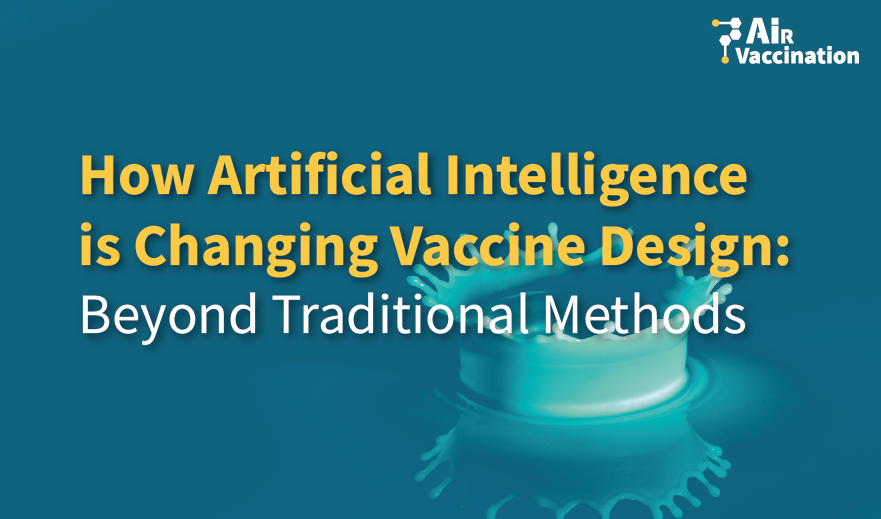How Artificial Intelligence is Changing Vaccine Design: Beyond Traditional Methods
The design of vaccines has always been a cornerstone of modern medicine. Traditional approaches — cultivating pathogens, isolating proteins, and testing them extensively — have saved countless lives. Yet, they also face significant limitations: long development times, high costs, and limited adaptability to fast-evolving diseases.
Today, Artificial Intelligence (AI) is reshaping this landscape. By combining advanced algorithms, massive datasets, and high-performance computing, AI is introducing a new way of understanding and accelerating vaccine development.

From years to weeks: speed as a game-changer
Conventional vaccine development can take 10 to 15 years from discovery to approval. AI drastically reduces this timeline by:
- Analyzing genomic data instantly to identify potential vaccine targets.
- Predicting protein structures that are most likely to provoke an immune response.
- Simulating interactions before moving to the lab.
This acceleration is especially vital in times of crisis, as seen during global pandemics where rapid responses save lives.
Precision over trial and error
Traditional methods rely heavily on trial-and-error experimentation. AI, however, allows for data-driven predictions, reducing uncertainty and minimizing wasted resources. Machine learning models can identify subtle biological patterns that might go unnoticed by humans, leading to more accurate candidate selection.
Cost-efficiency and sustainability
Developing a new vaccine can cost billions. By optimizing early-stage discovery, AI helps reduce laboratory workload and material use, resulting in more sustainable and affordable solutions — an essential step to ensure equitable access to vaccines worldwide.
A new era of personalization
Another major advantage of AI is the possibility of moving toward personalized vaccines. By analyzing genetic and immunological differences across individuals and populations, AI can help design immunization strategies that are more effective for specific groups — an innovation that could transform public health.
The AIR Institute’s contribution
Through the Vaccination project, the AIR Institute is harnessing the power of AI, deep learning, and reverse vaccinology to revolutionize how vaccines are created. This initiative not only accelerates discovery but also positions Castilla y León as a reference point in the global landscape of biotechnology and innovation.